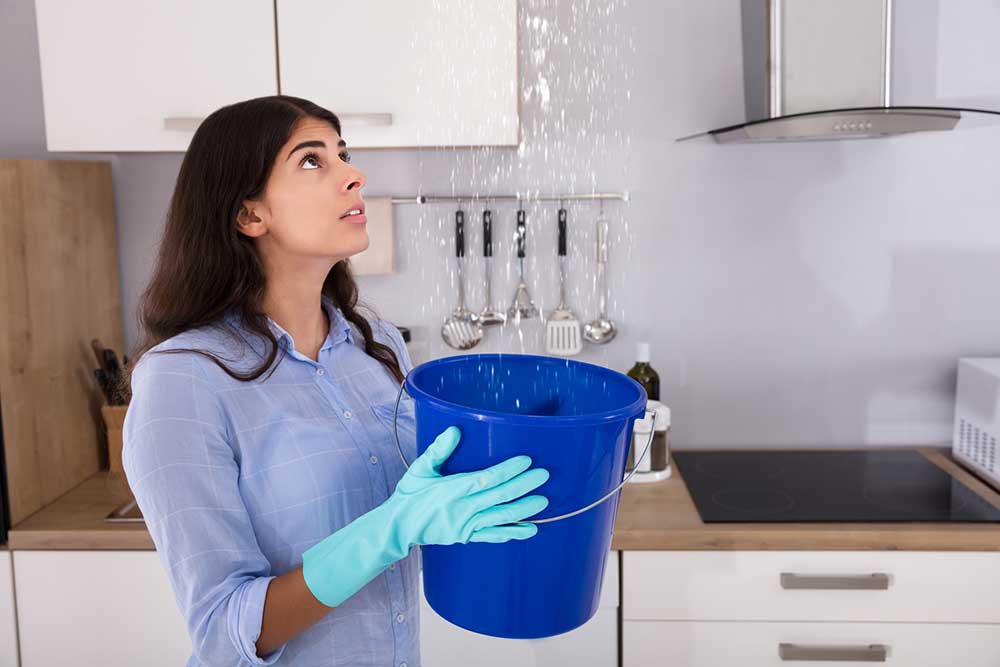Ever wonder why you get wet when you’re feeling aroused? Or maybe you’re curious why you sometimes notice a feeling of wetness during the normal course of your day-to-day life? While some people naturally produce more vaginal lubrication than others, this wetness is normal in most scenarios. Especially when it’s not accompanied by any other signs or symptoms that seem out of the ordinary.
Vaginal wetness is common when you’re feeling aroused and it’s also present when you’re not aroused. It’s actually normal to produce somewhere between one and four milliliters of vaginal fluid every day. The exact amount of fluid you produce each day will vary. This wetness helps keep your vagina clean and also provides lubrication to protect against tearing and injury. Here’s what else you need to know:
What is vaginal wetness?
Most vaginal fluid is made primarily of water, along with some salts like phosphate and sodium chloride, organic compounds such as lipids and amino acids, antibodies that help the body reduce risk of infections, and old cells from the lining of the vagina, uterus, and cervix.
A thin layer of vaginal fluid typically lines the vaginal walls and it’s important for a number of reasons. It provides lubrication that makes sex more comfortable, can minimize or prevent vaginal pain, and even supports fertility. Many different factors can contribute to vaginal wetness. Factors include your age, hormone levels, medications, stress, level of arousal, infections, and perspiration. Here’s more information on how some of these factors contribute to vaginal wetness:
Arousal
As you become aroused, blood flow to your genitals increases, which triggers the release of fluid from the cervix and the Bartholin’s glands, which provides lubrication during sexual activity. Often, the more aroused you’re feeling, the more vaginal lubrication your body will produce.
Hormones and age
Hormones play a big role in vaginal wetness. Higher estrogen levels lead to increased vaginal wetness. However, as your body produces less estrogen during menopause and afterwards, it may not produce as much vaginal fluid.
Meanwhile, as you move through your menstrual cycle and ovulation approaches, your cervix produces more vaginal fluid. This plays an important role in helping sperm travel to an egg during the process of fertilization.
Infection
Sometimes you will feel more wet than usual if you have an infection such as bacterial vaginosis. The vaginal fluid helps to remove bacteria from the vaginal canal. Infections may also lead you to produce other types of vaginal discharge which will vary in appearance. If you notice any discharge that’s an abnormal color or smell, you’ll want to get in touch with your physician.
Medication
Hormonal birth control can alter your vaginal fluid leaving you more wet or dry than when not taking the medication.
How do I know if I need to see a doctor?
Vaginal wetness is perfectly normal. In fact, in many cases, it’s a sign that your vagina is healthy. There are a few signs and symptoms that warrant a doctor visit. Here are a few:
- You have vaginal discharge that smells bad or appears different than what you’re used to.
- You’re experiencing burning, itching, sensitivity, and/or pain in the vaginal area.
- Your vaginal area is swollen.
- You’ve been experiencing vaginal dryness.
- You’ve started taking a new medication and have noticed that you’re more or less wet than usual.
If you would like to meet with a knowledgeable doctor, consider contacting Women’s Health Arizona. As Arizona’s largest ObGyn group, we’re trained and solely dedicated to delivering the best ObGyn experience in convenient and comfortable settings around Phoenix.

